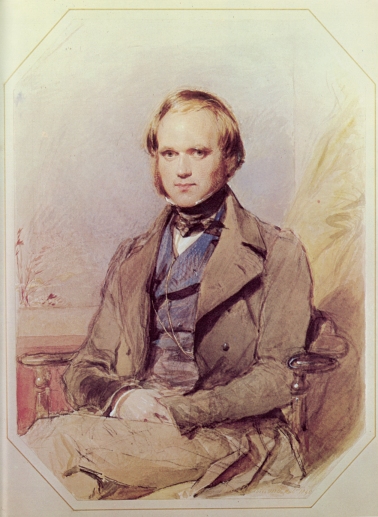Clawback
 Executives at seven major financial institutions that have collapsed, were sold at distressed prices or are in deep to the taxpayer received $464 million in performance pay since 2005 . . . Almost half of that consisted of cash compensation.
Executives at seven major financial institutions that have collapsed, were sold at distressed prices or are in deep to the taxpayer received $464 million in performance pay since 2005 . . . Almost half of that consisted of cash compensation.Yet these firms have reported losses of $107 billion since 2007, a result of their own missteps and the ensuing economic downturn. And $740 billion in stock market value has been lost since these companies’ shares peaked in 2007, just before the housing bubble burst.
Against that landscape, a growing chorus is demanding that executive compensation snared shortly before problems emerged be given back.
“There is a line that separates fair compensation from stealing from shareholders,” said Frederick E. Rowe, a money manager in Dallas and a founder of Investors for Director Accountability, a nonprofit group. “When managements ignore that line or can’t see it, then hell, yes, they should be required to give the money back.”
Corporate boards that awarded lush executive pay packages almost always justified them by saying they encouraged superior performance and were directly tied to benchmarks like profitability.
 But now, with a public backlash against excessive pay and taxpayer lifelines extended to crippled companies, the idea of recouping compensation, known as “clawback,” is gaining traction.
But now, with a public backlash against excessive pay and taxpayer lifelines extended to crippled companies, the idea of recouping compensation, known as “clawback,” is gaining traction.Currently there is no legal mechanism for forcing the regurgitation of past pay, so such efforts would need to be bolstered by new legislation. Clawbacks also promise to be a hot-button issue at shareholder meetings in coming months.
Editor's note: Cross-posted from Commercial Law, a member of the Jurisdynamics Network.





 “The general idea of evolution, particularly if you took it to be progressive and purposeful, fitted the ideology of the age,” says Peter J. Bowler, a historian of science at Queen’s University, Belfast. But that made it all the harder to accept that something as purposeless as natural selection could be the shaping force of evolution. “On the Origin of Species” and its central idea were largely ignored and did not come back into vogue until the 1930s. By that time the population geneticist R. A. Fisher and others had shown that Mendelian genetics was compatible with the idea of natural selection working on small variations.
“The general idea of evolution, particularly if you took it to be progressive and purposeful, fitted the ideology of the age,” says Peter J. Bowler, a historian of science at Queen’s University, Belfast. But that made it all the harder to accept that something as purposeless as natural selection could be the shaping force of evolution. “On the Origin of Species” and its central idea were largely ignored and did not come back into vogue until the 1930s. By that time the population geneticist R. A. Fisher and others had shown that Mendelian genetics was compatible with the idea of natural selection working on small variations.












